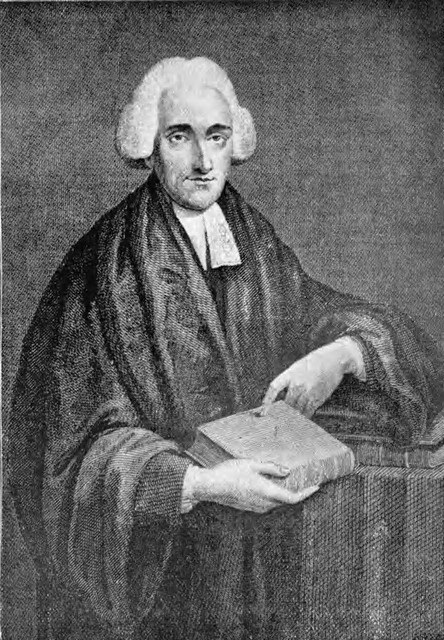Friday, July 2, 2010
Augustus Toplady on Creedalism
"Follow the pattern of the sound words that you have heard from me, in the faith and love that are in Christ Jesus. By the Holy Spirit who dwells within us, guard the good deposit entrusted to you."
- II Timothy 1:13-14
Augustus Toplady, a solidly-Calvinist 18th Century Anglican churchman and author of the classic hymn "Rock of Ages," chose this text to defend the use of creeds in Protestant churches. For him, that referred to the Thirty-Nine Articles, but would apply equally to Reformed or Lutheran formularies, as well.
In a sermon preached on Christmas Day, 1770, Toplady interprets the Greek translated above as "sound words" to mean "the copy, pattern, or outline of sound doctrines." It must be recalled that Paul is addressing his protege here before the completion of the New Testament canon. Therefore, it appears that Paul must have provided some form of doctrinal statement, informal perhaps, against which Timothy could test his own teaching.
Toplady explains, "[W]ithout some given model, or determinate plan of doctrine, deduced from the sacred Scriptures, it will be impossible, either for ministers or people, to form just and connected ideas of divine things. Unless the pearls, which are scattered at large in the gospel-field, be marshalled into some kind of order, and reduced in a regular chain, we can never preach, as the apostle directs, according to the analogy of faith, i.e., in exact agreement with that nice connection and mutual relation, which the several doctrines have in common with each other, so as to make of the whole one consistent, uniform, unclashing system..." That is, without a systematic presentation of doctrine, not only can the various preachers not check that their teachings are consistent both with each other and with their predecessors, even just one preacher cannot check his consistency in one point with himself at another. In addition, each preacher would be stuck reinventing the wheel. For example, without a formulation of the doctrine of the Trinity, he must explain it anew himself, from scratch. That is an open invitation, not just to theological novelty and innovation, but even to heresy! Come to think of it, that is a pretty good description of the American ecclesiastical scene!
Subscribe to:
Post Comments (Atom)





No comments:
Post a Comment